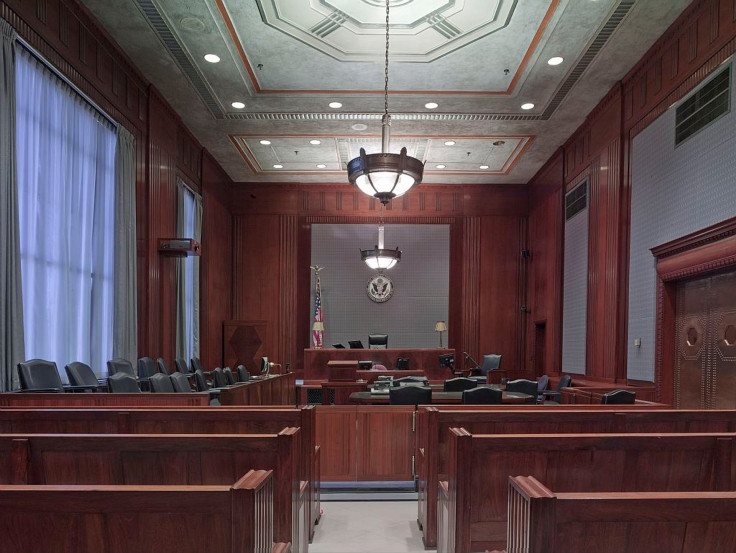The case of a Texas death row inmate, who wants post-conviction DNA testing of evidence at the crime scene, will be taken up by the Supreme Court.
It was not clear on Monday when the Supreme Court would hear the case of Reed, who was convicted of capital murder in the 1996 killing of a teenager, reported New York Times.
More than 20 years ago, Rodney Reed was sentenced to death for the assault, rape and strangling of Stacey Lee Stites, 19. He is now seeking to challenge the constitutionality of a state post-conviction DNA statute so that a belt at the scene could be tested though lower courts said that his request is barred. This was because he waited too long to bring the claim, reported CNN.
Steve Vladeck, a Supreme Court analyst and professor at the University of Texas School of Law, said that the basic question is a technical one. It is about "when the clock starts running for federal lawsuits by prisoners who seek DNA testing of newly discovered evidence that might exonerate them." But he said that the implications could be "much broader, especially for prisoners in Texas, Louisiana and Mississippi." In these places the current law makes it "exceedingly difficult to bring such claims."
According to the Texas law, a convicted person is allowed to obtain post-conviction DNA testing of biological material. That is allowed only if the court finds that certain conditions are met. In Reed's case, he was denied then he went to the Supreme Court in 2018. Again, he was denied, and now he is challenging the constitutionality of the Texas law.
A federal appeals court has held that he waited too long to bring the claim, saying that an injury "accrues when a plaintiff first becomes aware, or should have become aware that his right had been violated." The federal appeals court noted that it was in 2014 that he became aware of that, and that his current claim is "time barred."
In 2020, the Supreme Court had declined to take up an appeal from Reed. Back then Justice Sonia Sotomayor said that he has "presented a substantial body of evidence." She added that "if true," it casts doubt on the "veracity of scientific validity of the evidence."
According to NBC News, his claims of innocence have been championed by celebrities, including singer Rihanna, reality TV star Kim Kardashian and media mogul Oprah Winfrey.
As of now, Reed’s execution remains delayed indefinitely.






